When Should You Start Having Botox, If Ever?
A few years ago, we put together a Gritty Pretty guide to Botox. We answered every FAQ we could think of (you can read it here) and we think it’s still a pretty good guide to this well-loved beauty treatment. But while the times have changed (which made us want to call in the experts once again) the questions haven’t: as the editor of a beauty magazine, I am constantly asked if I get Botox and whether I think the person asking the question should also get Botox.
The simple answer? It’s personal. I always put the question back on the asker: well, do you want to get Botox? Yes, Botox is only a semi-permanent beauty treatment (it works to reduce the appearance of wrinkles and fine lines by temporarily paralysing muscles which makes the area appear smooth) but it’s still a cosmetic treatment and I think having any injectable is a personal choice. You need to arrive at that decision on your own.
But I can’t deny that it’s still one of the most frequently asked questions I get as a beauty editor. So I called in Dr Adam Brown, who owns the incredibly chic namesake Double Bay space at Dr Adam Brown Skin & Cosmetics, and who is incredibly knowledgeable, kind and patient. Dr Brown is a GP and skin cancer doctor turned cosmetic physician and he is exactly who you want in your corner while thinking about making this decision, on your own terms. So, over to Dr Brown…
Hi Dr Brown! Thanks for chatting with me. First off, if someone is thinking about getting enhancements, where do you suggest they start?
“With social media and so many procedures floating around across social media, people can get confused about which treatment they want, or they might think they want a particular treatment after seeing a post, but in reality it’s not suited to them. So it’s really important to find the right doctor who will listen to what the patient wants, but can also give advice on when something is not a good idea. It’s important to ignore everything you see on social media and elsewhere and focus on what you are concerned with personally. It’s also important to make sure you are wanting to make changes for the right reasons—ie not after a break up, or because someone has suggested you do it.
Then find a clinic where you know you won’t be pressured into doing more, or where the practitioner might be on commission for certain products. Somewhere you’re given more than 15 minutes for an appointment—so you don’t rush through a consultation and treatment and go away thinking you didn’t have time to decide properly.
I think a good practitioner will see beyond the idea of solely offering anti-wrinkle medication as the “gateway treatment” for a patient new to cosmetics. They must first identify the patient’s main concerns and then explain the most appropriate treatment modality for them.”
So, what questions should someone ask at their first appointment?
- “What’s the most appropriate treatment for my concerns?
- How does it work?
- How long does it take to work?
- What should I expect to experience in the first few days?
- Is there downtime?
- Is it safe?
- How long does it last?”
I am often asked about the difference between an anti-wrinkle medicine (like Botox) and what people refer to as fillers? I think people who don’t work in the beauty space don’t know the difference—can you help?
“Anti-wrinkle medicine contains a chemical called a neuromodulator which acts on the nerves which control the muscles of facial expression. It is injected just under the skin, and within a week or two, the muscles relax resulting in smoothening of unwanted lines and fresh looking skin. It is also used in a wide range of medical conditions, such as neurological disorders that cause muscle spasm, chronic migraines, teeth grinding and excessive sweating.
Dermal fillers are a gel-like substance made from hyaluronic acid, a naturally occurring substance found in the body. Unlike anti-wrinkle medication, they do not act directly on body tissue, more fill and replace fat volume lost due to ageing.”
Something else I get asked all the time: can you stop Botox once you start?
“Yes, you can. The effects from the treatment are temporary and will wear off by about 4-5 months. If you didn’t like the results then that would be up to you if you wanted to try again. But often people start seeing the signs of ageing creeping in again and feel that they prefer their appearance having had the treatment.”
If we have made the personal choice to have Botox, when should we start?
“I think that when we’re in our 20s, we still have youthful skin, full of collagen and elastin, so we are unlikely to have wrinkles when at rest. Therefore I think this is too early to start these treatments. When we move into our 30s and 40s, our skin has generally been more exposed to things like UV radiation, hormonal imbalances have occurred (eg pregnancy), so our skin becomes thinner and less elastic, which is when wrinkles and lines can start to set in. It’s at this point that you could look to start at anti-wrinkle treatment, which can also help to prevent lines becoming more ingrained and more difficult to treat.”
Okay, what if we get Botox and we’re happy but unsure if we want to continue: will our fine lines come back worse?!
“No, they won’t come back worse! Actually, after a few treatments, your skin should never go back to how it was at the beginning, as it’s been trained not to wrinkle. About when to come back for a re-treatment, there are no hard rules. I generally disagree with militant clinics who insist you come back on the dot every three months. I would say, take a look in the mirror and if you think you need a freshen up (for example, before an event coming up) then that’s the time to book in. We want people to be happy and relaxed about their looks, not being tied to a regimen or chasing every line or fold they find.”
When Should You Start Having Botox, If Ever?
A few years ago, we put together a Gritty Pretty guide to Botox. We answered every FAQ we could think of (you can read it here) and we think it’s still a pretty good guide to this well-loved beauty treatment. But while the times have changed (which made us want to call in the experts once again) the questions haven’t: as the editor of a beauty magazine, I am constantly asked if I get Botox and whether I think the person asking the question should also get Botox.
The simple answer? It’s personal. I always put the question back on the asker: well, do you want to get Botox? Yes, Botox is only a semi-permanent beauty treatment (it works to reduce the appearance of wrinkles and fine lines by temporarily paralysing muscles which makes the area appear smooth) but it’s still a cosmetic treatment and I think having any injectable is a personal choice. You need to arrive at that decision on your own.
But I can’t deny that it’s still one of the most frequently asked questions I get as a beauty editor. So I called in Dr Adam Brown, who owns the incredibly chic namesake Double Bay space at Dr Adam Brown Skin & Cosmetics, and who is incredibly knowledgeable, kind and patient. Dr Brown is a GP and skin cancer doctor turned cosmetic physician and he is exactly who you want in your corner while thinking about making this decision, on your own terms. So, over to Dr Brown…
Hi Dr Brown! Thanks for chatting with me. First off, if someone is thinking about getting enhancements, where do you suggest they start?
“With social media and so many procedures floating around across social media, people can get confused about which treatment they want, or they might think they want a particular treatment after seeing a post, but in reality it’s not suited to them. So it’s really important to find the right doctor who will listen to what the patient wants, but can also give advice on when something is not a good idea. It’s important to ignore everything you see on social media and elsewhere and focus on what you are concerned with personally. It’s also important to make sure you are wanting to make changes for the right reasons—ie not after a break up, or because someone has suggested you do it.
Then find a clinic where you know you won’t be pressured into doing more, or where the practitioner might be on commission for certain products. Somewhere you’re given more than 15 minutes for an appointment—so you don’t rush through a consultation and treatment and go away thinking you didn’t have time to decide properly.
I think a good practitioner will see beyond the idea of solely offering anti-wrinkle medication as the “gateway treatment” for a patient new to cosmetics. They must first identify the patient’s main concerns and then explain the most appropriate treatment modality for them.”
So, what questions should someone ask at their first appointment?
- “What’s the most appropriate treatment for my concerns?
- How does it work?
- How long does it take to work?
- What should I expect to experience in the first few days?
- Is there downtime?
- Is it safe?
- How long does it last?”
I am often asked about the difference between an anti-wrinkle medicine (like Botox) and what people refer to as fillers? I think people who don’t work in the beauty space don’t know the difference—can you help?
“Anti-wrinkle medicine contains a chemical called a neuromodulator which acts on the nerves which control the muscles of facial expression. It is injected just under the skin, and within a week or two, the muscles relax resulting in smoothening of unwanted lines and fresh looking skin. It is also used in a wide range of medical conditions, such as neurological disorders that cause muscle spasm, chronic migraines, teeth grinding and excessive sweating.
Dermal fillers are a gel-like substance made from hyaluronic acid, a naturally occurring substance found in the body. Unlike anti-wrinkle medication, they do not act directly on body tissue, more fill and replace fat volume lost due to ageing.”
Something else I get asked all the time: can you stop Botox once you start?
“Yes, you can. The effects from the treatment are temporary and will wear off by about 4-5 months. If you didn’t like the results then that would be up to you if you wanted to try again. But often people start seeing the signs of ageing creeping in again and feel that they prefer their appearance having had the treatment.”
If we have made the personal choice to have Botox, when should we start?
“I think that when we’re in our 20s, we still have youthful skin, full of collagen and elastin, so we are unlikely to have wrinkles when at rest. Therefore I think this is too early to start these treatments. When we move into our 30s and 40s, our skin has generally been more exposed to things like UV radiation, hormonal imbalances have occurred (eg pregnancy), so our skin becomes thinner and less elastic, which is when wrinkles and lines can start to set in. It’s at this point that you could look to start at anti-wrinkle treatment, which can also help to prevent lines becoming more ingrained and more difficult to treat.”
Okay, what if we get Botox and we’re happy but unsure if we want to continue: will our fine lines come back worse?!
“No, they won’t come back worse! Actually, after a few treatments, your skin should never go back to how it was at the beginning, as it’s been trained not to wrinkle. About when to come back for a re-treatment, there are no hard rules. I generally disagree with militant clinics who insist you come back on the dot every three months. I would say, take a look in the mirror and if you think you need a freshen up (for example, before an event coming up) then that’s the time to book in. We want people to be happy and relaxed about their looks, not being tied to a regimen or chasing every line or fold they find.”


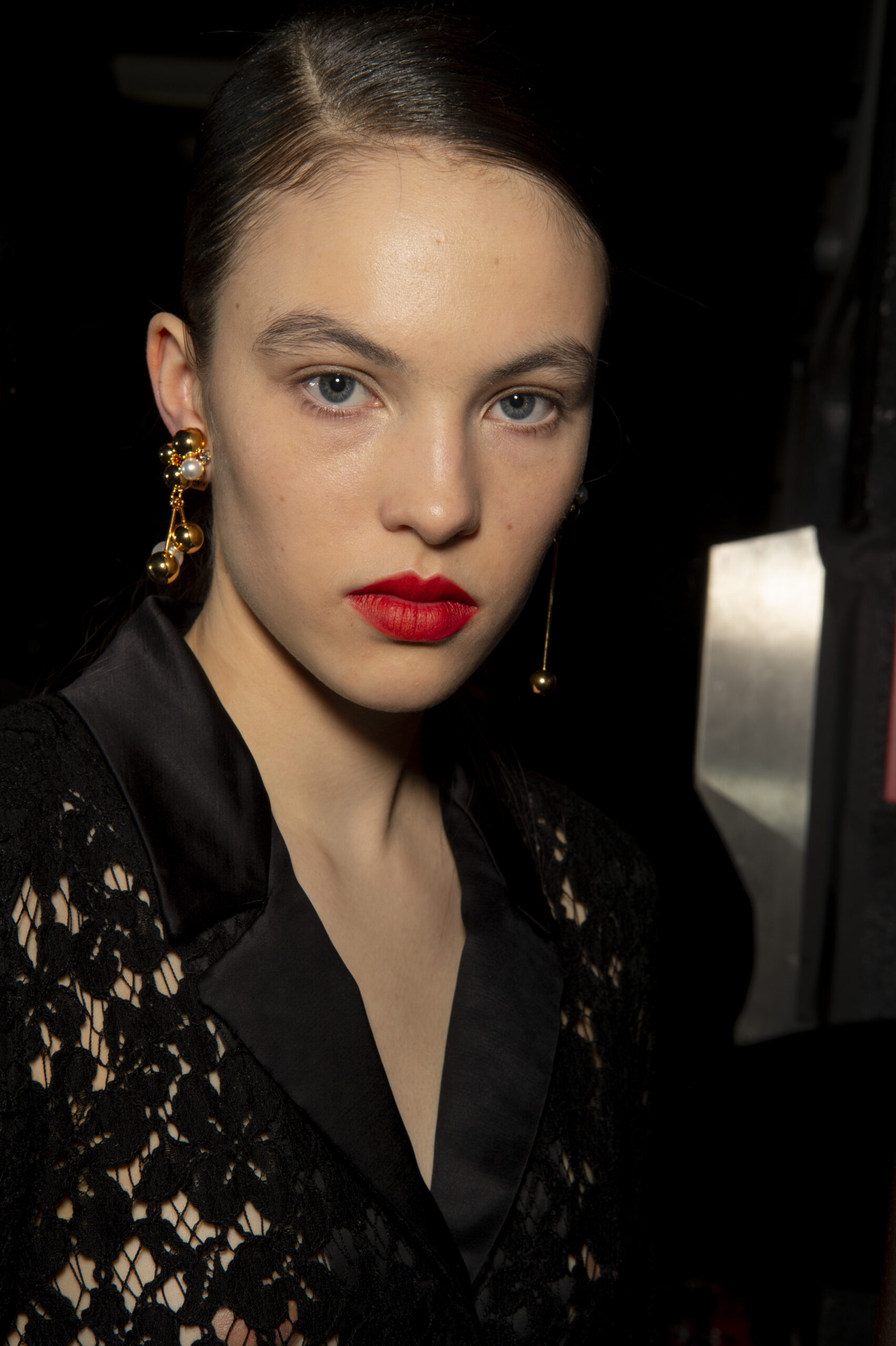
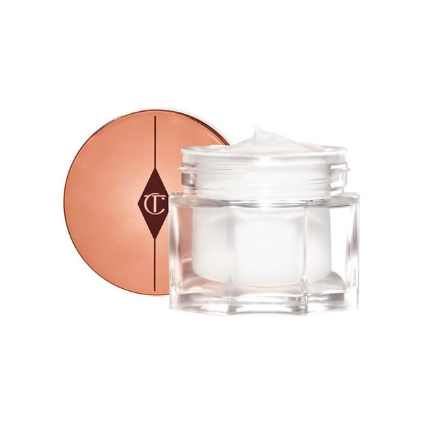
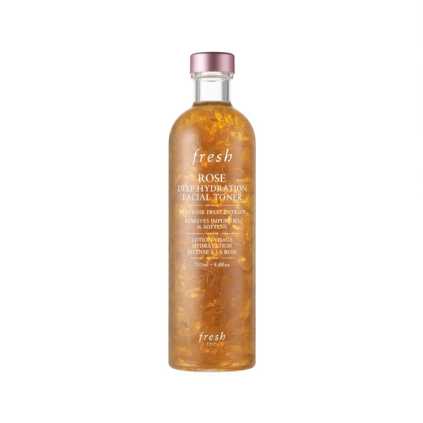
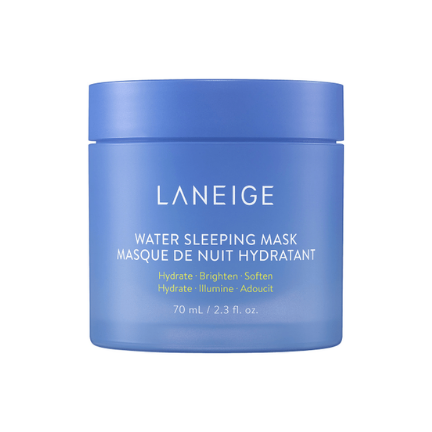
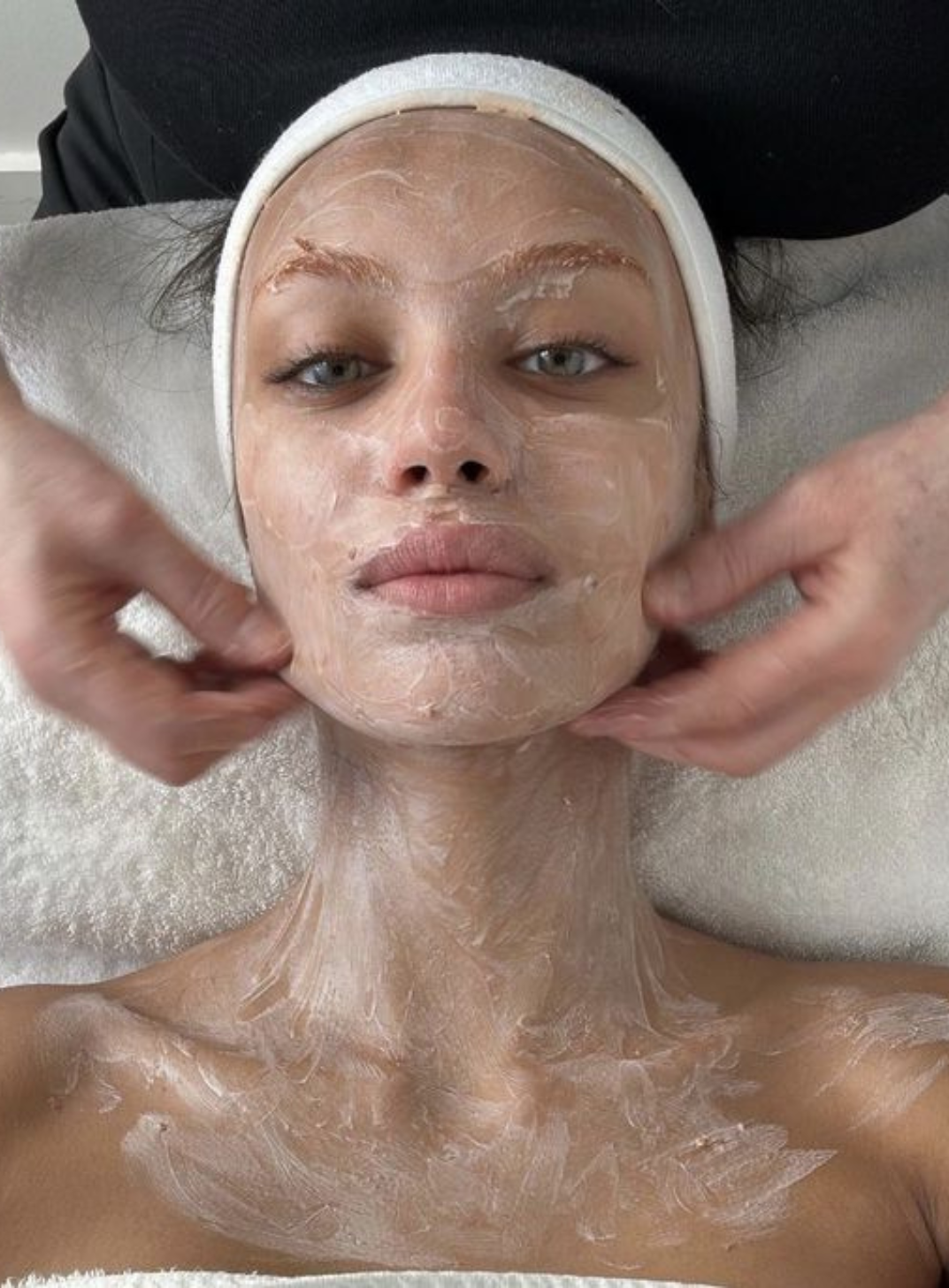


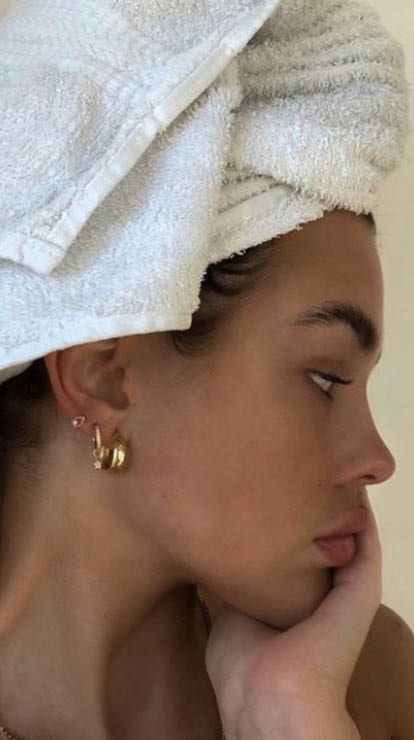
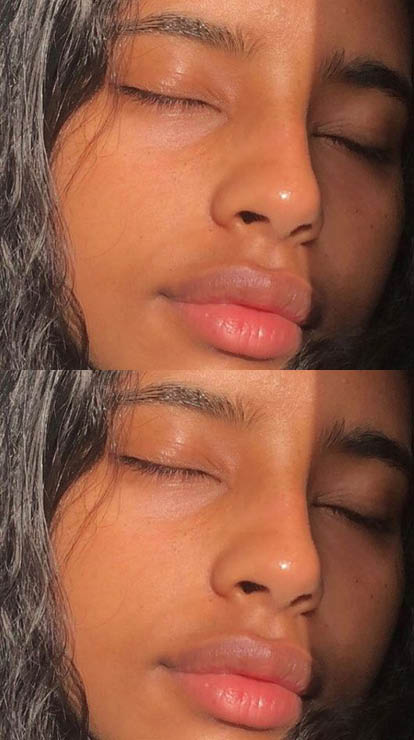
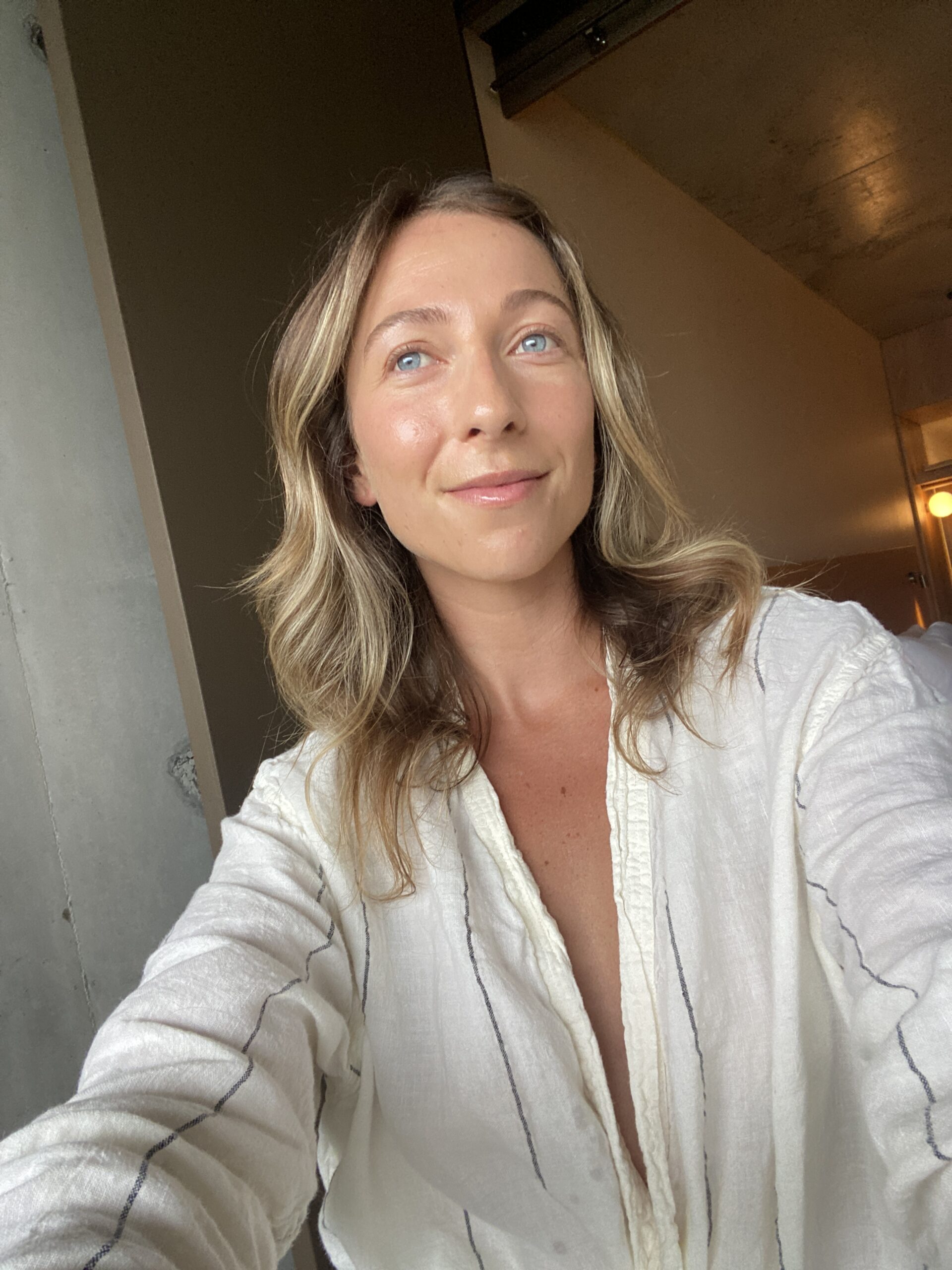

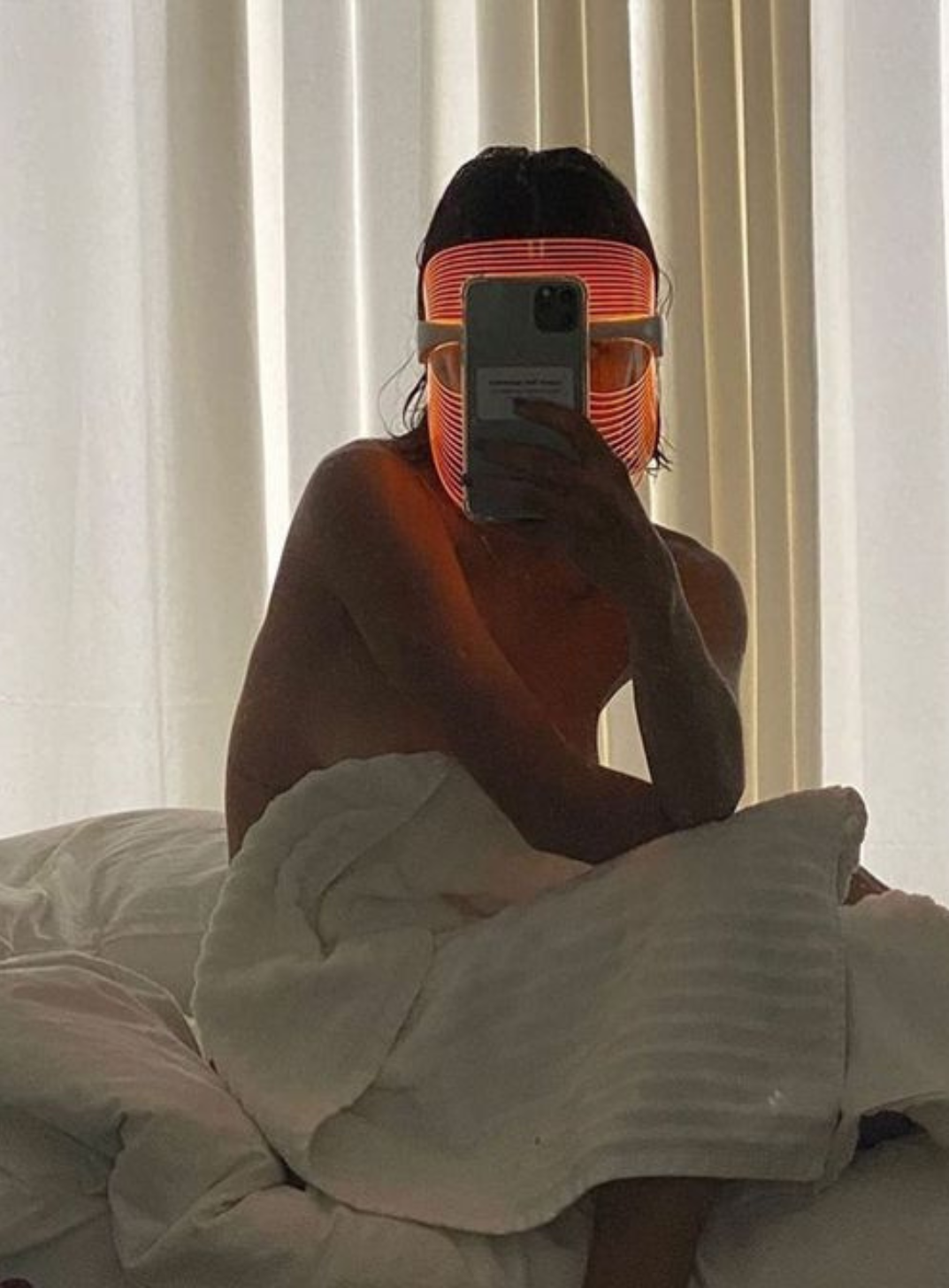
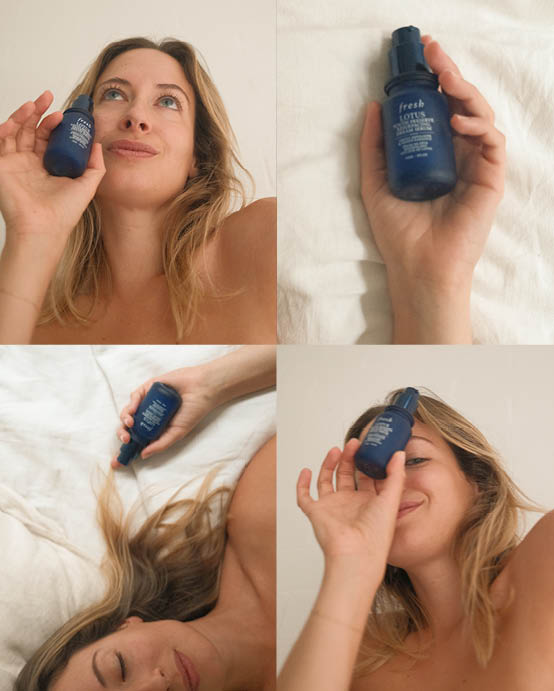
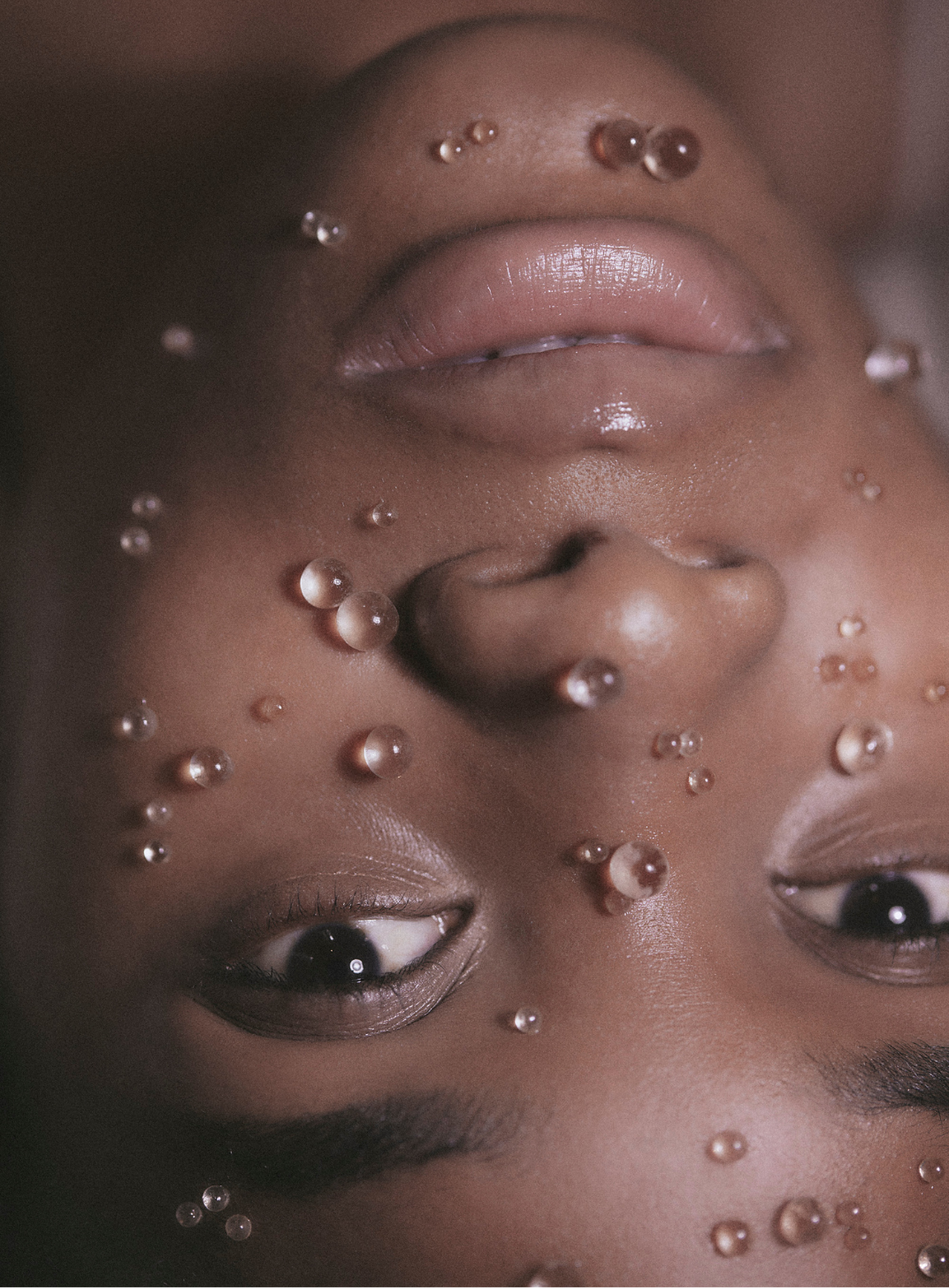
Comments